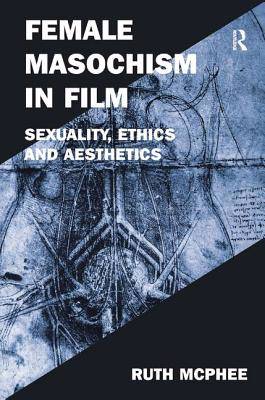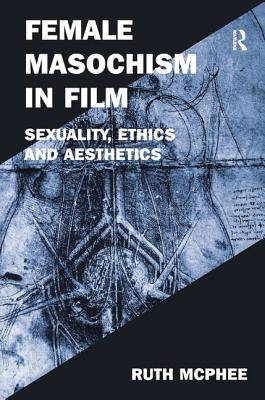
- Afhalen na 1 uur in een winkel met voorraad
- Gratis thuislevering in België vanaf € 30
- Ruim aanbod met 7 miljoen producten
- Afhalen na 1 uur in een winkel met voorraad
- Gratis thuislevering in België vanaf € 30
- Ruim aanbod met 7 miljoen producten
Zoeken
Omschrijving
Theoretically and representationally, responses to heterosexual female masochism have ranged from neglect in theories that focus predominantly or only upon masochistic sexuality within male subjects, to condemnation from feminists who regard it as an inverted expression of patriarchal control rather than a legitimate form of female desire. It has commonly been understood as a passive form of sexuality, thus ignoring the potential for activity and agency that the masochistic position may involve, which underpins the crucial argument that female masochism can be conceived as enquiring ethical activity. Taking as its subject the works of Jane Campion, Catherine Breillat, Michael Haneke and Lars von Trier as well as the films Secretary (Steven Shainberg), Dans Ma Peau (Marina de Van), Red Road (Andrea Arnold, 2006) Amer (Hélène Cattat and Bruno Forzani), and Sleeping Beauty (Julia Leigh), Female Masochism in Film avoids these reductive and simplistic approaches by focusing on the ambivalences and intricacies of this type of sexuality and subjectivity. Using the philosophical writings of Kristeva, Irigaray, Lacan, Scarry, and Bataille, McPhee argues that masochism cannot and should not be considered aside from its ethical and intersubjective implications, and furthermore, that the aesthetic tendencies emerging across these films - obscenity, extremity, confrontation and a transgressive, ambiguous form of beauty - are strongly related to these implications. Ultimately, this complex and novel work calls upon the spectator and the theorist to reconsider normative ideas about desire, corporeality, fantasy and suffering.
Specificaties
Betrokkenen
- Auteur(s):
- Uitgeverij:
Inhoud
- Aantal bladzijden:
- 176
- Taal:
- Engels
- Reeks:
Eigenschappen
- Productcode (EAN):
- 9781472413161
- Verschijningsdatum:
- 2/06/2014
- Uitvoering:
- Hardcover
- Formaat:
- Genaaid
- Afmetingen:
- 156 mm x 234 mm
- Gewicht:
- 426 g

Alleen bij Standaard Boekhandel
+ 580 punten op je klantenkaart van Standaard Boekhandel
Beoordelingen
We publiceren alleen reviews die voldoen aan de voorwaarden voor reviews. Bekijk onze voorwaarden voor reviews.











